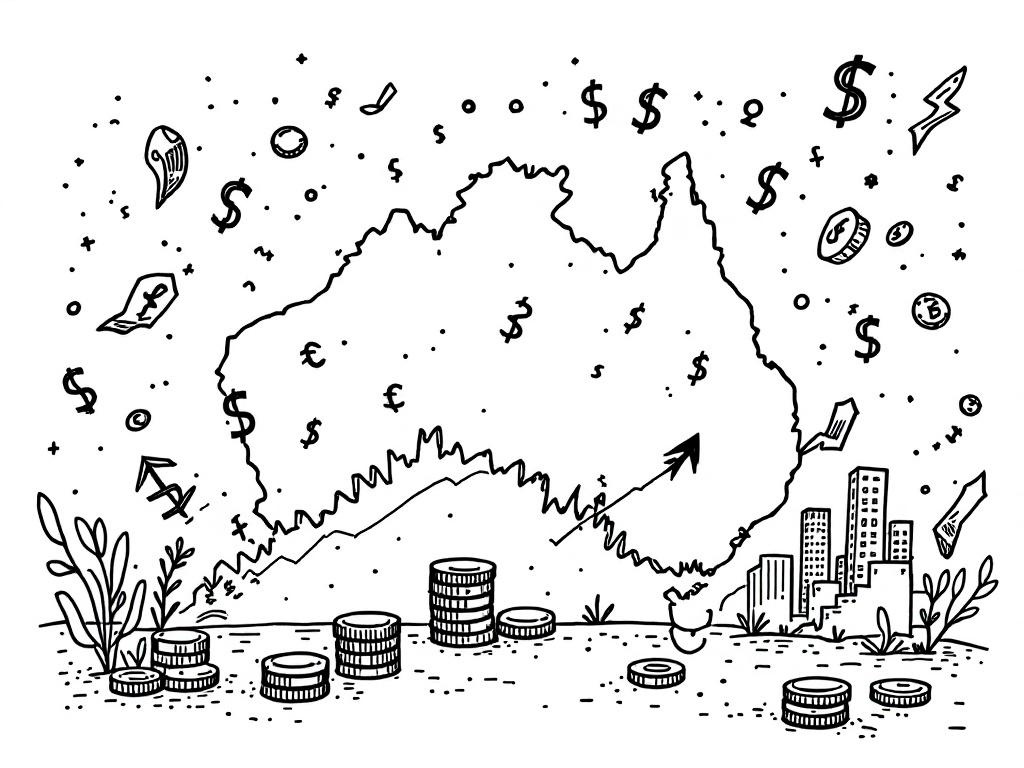Australia's Inflation Surges to 3.2%, Exceeding Central Bank Targets

Sydney, Wednesday, 29 October 2025.
Australia’s inflation hit 3.2% in Q3 2025, surpassing the Reserve Bank’s 2-3% target. This unexpected rise challenges monetary policy, impacting interest rate expectations and global economic trends.
Implications for Monetary Policy
The recent surge in inflation to 3.2% for the third quarter of 2025 marks a significant deviation from the Reserve Bank of Australia’s (RBA) target of maintaining inflation within a 2% to 3% range. This development complicates the central bank’s monetary policy, particularly as it had recently forecasted a moderation of inflation to align with their target range [1]. The RBA, led by Governor Michele Bullock, faces increasing pressure to reconsider any planned rate cuts, with current cash rates expected to remain steady at 3.6% in upcoming meetings [2][3].
Economic Impact and Market Reactions
The unexpected inflationary pressures are largely attributed to significant increases in electricity and travel costs, alongside a 1.3% quarterly rise in consumer prices—the largest in two and a half years [2]. As a result, the Australian share market took a hit, with the ASX 200 index falling by 1% [4]. Concurrently, the Australian dollar appreciated by 0.2% against the US dollar, reflecting reduced expectations for interest rate cuts [5].
Sectoral Contributions to Inflation
Electricity prices saw a dramatic 9% increase, contributing significantly to the overall rise in inflation. This was compounded by the expiry of government subsidies and heightened demand during the school holidays, which drove up costs in the travel sector [2]. The trimmed mean inflation, a measure preferred by the RBA, also rose to 3%, further indicating persistent inflationary pressures [1][3].
Future Outlook and Global Implications
Looking ahead, the RBA’s cautious approach suggests a potential delay in any monetary easing until mid-2026, should inflationary trends persist [3]. This scenario not only impacts domestic monetary policy but could also influence global markets, as Australia plays a critical role in regional economic dynamics. Analysts remain watchful of the RBA’s decisions, which will be pivotal in shaping both domestic and international economic landscapes [2][4].